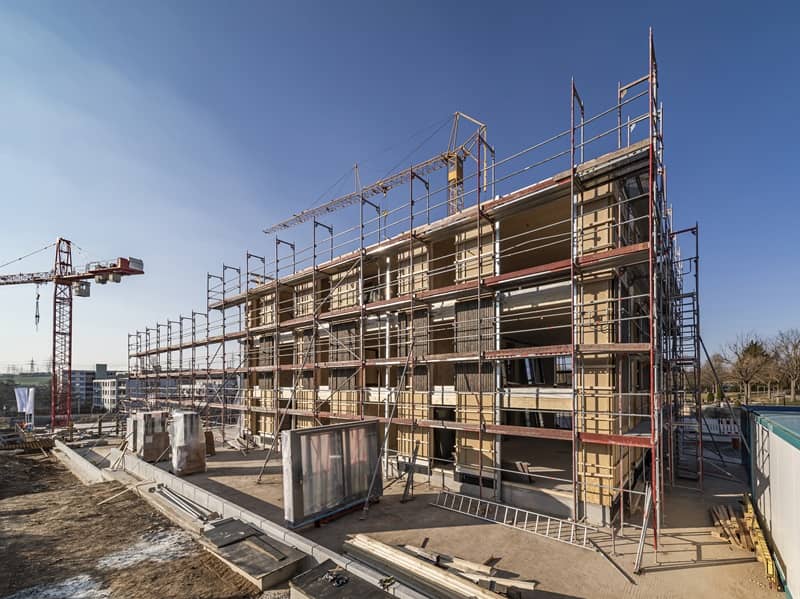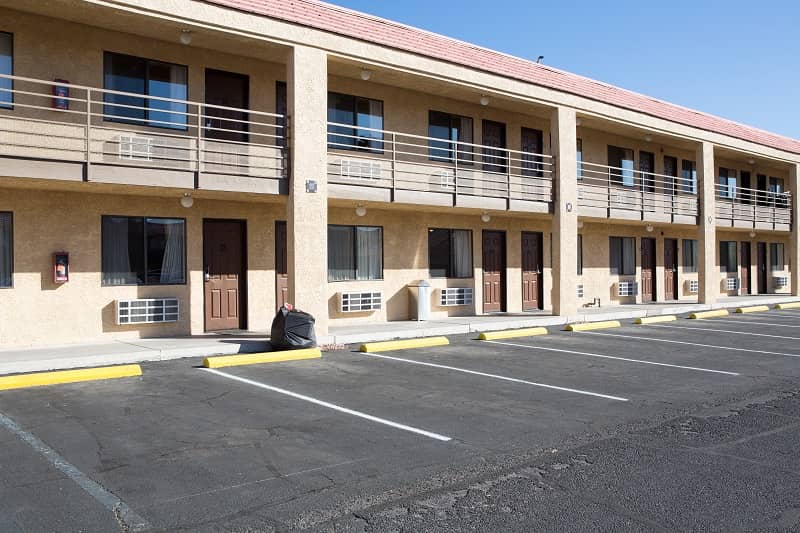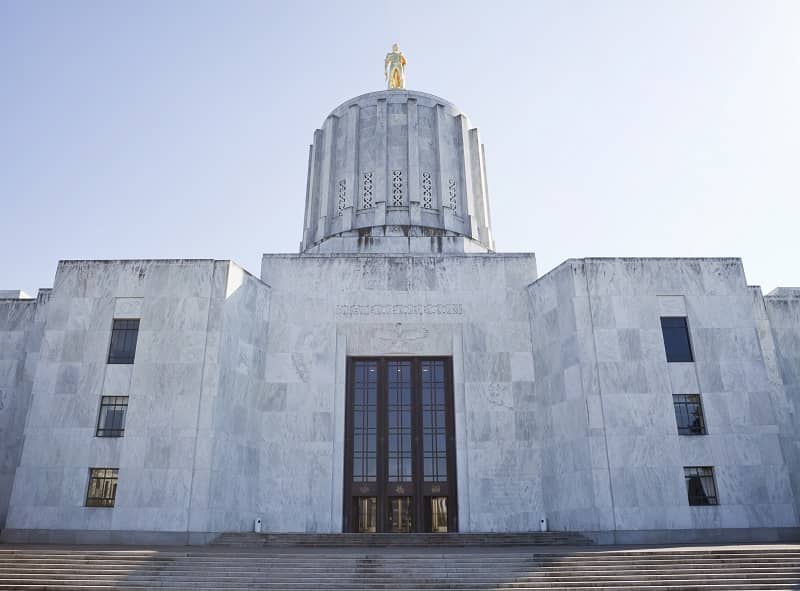February 9, 2024
My name is John Charles and I am President of Cascade Policy Institute, a non-profit policy research organization.
There are three physical inputs to the housing supply process: land, labor, and materials. There is also an intangible factor that is even more important: government regulation.
The Oregon legislature cannot do much about labor and materials, but it can do a lot to affect land supply and regulation. Unfortunately, SB 1537 doesn’t help much in these areas. The UGB expansions may increase housing supply slightly, but that gain is offset by the affordable housing and density mandates in the bill.
Section 17 requires that new projects in the Portland metro region be developed at 17 units per acre. That means the finished products will be multi-family dwellings or detached homes just inches apart. The majority of Oregonians aspire to live in single family detached homes with a yard. Providing a solution that most people don’t want is not a solution.
These restrictions are unnecessary. According to the American Community Survey, Oregon is roughly 98.5% open space and 1.5% developed. More than half of Oregon is in federal ownership, off-limits to new housing. There is plenty of room for the kind of residential neighborhoods that most people want.
The inclusionary zoning mandate is also misguided. New dwellings at any price point free up existing housing stock for others. As long as housing supply is increasing at a faster rate than housing demand, prices will come down without government intervention.
Many local jurisdictions also impose housing barriers in the form of SDCs, permitting fees, landscaping requirements, construction excise taxes, and EV charging mandates. SB 1537 does streamline the regulatory process, but a lot more is needed.
The Governor is requesting a substantial amount of public funding for this and related housing initiatives. Obviously some people will benefit, but we can’t subsidize our way out of a housing deficit. Oregon needs a land regulation system that invites private investment. We have a long way to go.












